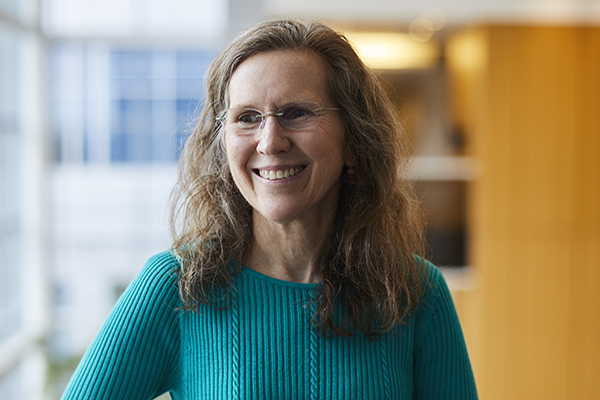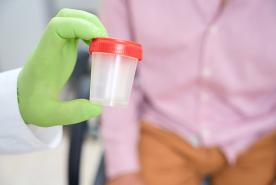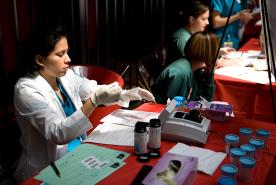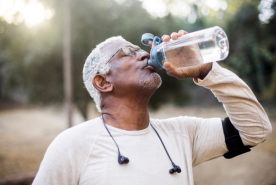May 16, 2019
Q: Why is CKD on the rise, and what should women be on the lookout for?
A: CKD affects an estimated 37 million people in the U.S. Most people who have early stage CKD will not have any symptoms of their kidney disease. Without proper care, however, early CKD can progress until treatments like dialysis or kidney transplant are needed. CKD is common today in part because people are living longer and are surviving with diabetes and heart disease, and surviving is a good thing! Now that people are taking better care of their high blood pressure, heart disease and diabetes, we need to focus on taking better care to protect our kidneys.
Busy lifestyles with work and stress can lead to less exercise and unhealthy eating. Many people in the U.S. also experience food insecurity (meaning they are unable to afford food) which is associated with eating nutritionally poor foods that are high in calories. Your kidney health depends on a healthy body, so high blood pressure, diabetes and being overweight all damage your kidneys and can result in CKD.
Women should have a thorough annual health checkup that includes simple blood and urine tests to check on kidney function. Women with diabetes, high blood pressure, obesity, heart disease or a family history of kidney disease are at increased risk for CKD and should be screened every year for it.
Q: What are three of the most important things women can do as to keep their kidneys healthy?
A: The most important thing is to stay healthy overall. If I had to pick only three key healthy kidney recommendations, they would be to exercise regularly and eat a nutritious diet, maintain a healthy body weight, and do not smoke.
Be good to yourself and your body! Have healthy daily habits, and if you have any risk factors for CKD, get screened to check on your kidneys.
Q: What is the most important thing you have learned about how to balance work and life?
A: Make time for yourself. Women are great caregivers to spouses, children, friends and parents. I’ve come to realize that I need to take time for myself to rest and exercise. I can’t care for others if I’m not feeling healthy and well.
Q: Finally, you have said that you didn’t imagine your career path 25 years ago. What advice would you offer to women just starting out today?
A: My advice is to value every phase in your journey. Everything you do and every experience you have teaches you something. Twenty-five years ago, I could not have imagined the job I am now doing, yet my clinical nephrology work, my writing and journaling, my volunteer work and being a mother are all critical experiences that inform my work today.
A previous version of this Q&A appeared in the Massachusetts Conference for Women’s newsletter.









